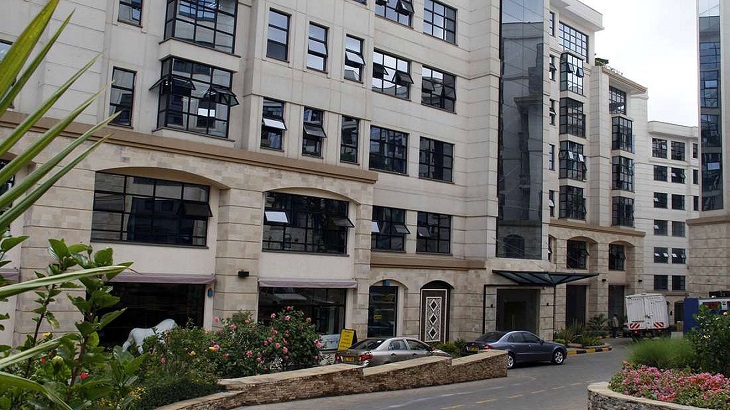Nobody loves when their property is auctioned. It is one of the most depressing experiences. Imagine seeing something you have invested heavily on, your dreams and hopes being auctioned with you getting nothing out of it no matter what.
In most cases, during an auction of a property, the owner of the property or those benefitting from the property in form of employment are never put into consideration. It is always about those “who want to be paid” their debts and not those to be affected.
When a business property is auctioned, for instance, the first people to lose are investors. They get nothing from the auction. The second people to feel the pain are employees who automatically lose jobs as management changes. Tenants are too affected with nowhere to turn.
When an auction is ordered by the court, do other parties like tenants, employees, and the impact on the economy ever considered? Does the court even consider if the matter can be handled amicably out of court without throwing away the property?
Nobody sets up a business to be auctioned. Everyone, when starting a business often looks forward to nothing but success in form of profits. Auctioning of a property should always be the last option when all other options have been exhausted.
Read More: Court of Appeal Stops Sale of 14 Riverside Pending Hearing
The story of 14 Riverside
A company called Synergy approached the 14 Riverside development team, Cape Holdings, and offered to purchase a block in 2010. Formal sale agreements were drawn, signed, and payments made. The payment was 710 million shillings, but the refundable was 570 million shillings.
Synergy later withdrew from the agreement and demanded a refund of the cash that had been paid and more. Cape Holdings was willing to pay but Synergy was asking for crazy amounts that were contrary to the agreements that had been signed.
Synergy was awarded 5.5 billion shillings. Now, how did a liability of 570 million shillings balloon to 5.5 billion shillings in a period of 10 years? How is this possible? How were the calculations done to arrive at this crazy figure?
This kicked off one of the longest arbitrations in this country. The arbitrator, James Ochieng Oduol unjustly awarded a sum of 1.67 billion shillings in 2015 based on terms that are not even within the Arbitration Act. The sum is now 5.5 billion shillings compounded at 18 percent.
Now, the Arbitrator awarded the damages in interest, opportunity cost, and foreign exchange. Now, where on earth do damages go beyond the amount agreed for the purchase in the first place? The agreement was in Kenyan currency, what the hell was the foreign exchange loss for?
The arbitrator seems to have ignored simple rules of interest computation that legally, have to be limited to 6 years and capped at the principal amount. What was awarded was an open rip-off. And all concerns by Cape Holdings were rejected by the Arbitrator.
Read More: On What Basis Did The Court Award “Damages” To “Aggrieved Parties” Of 14 Riverside
